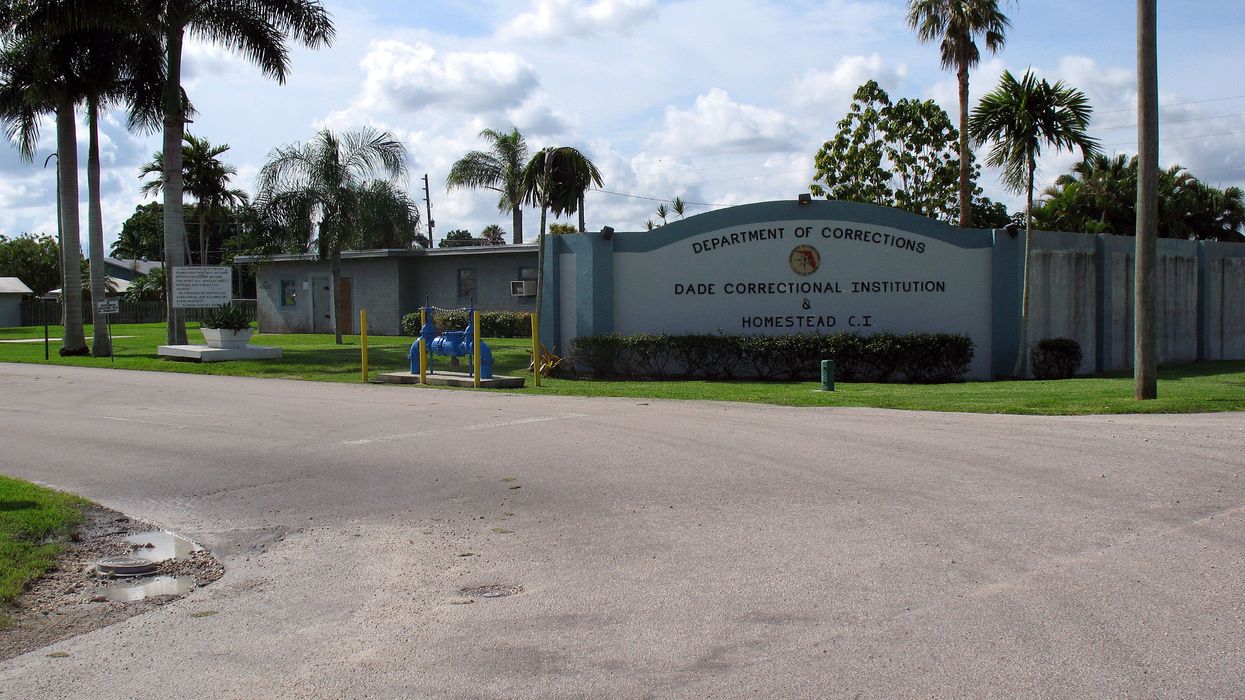Florida would become the seventh state to end so-called prison gerrymandering under legislation one state senator has promised to push hard next year.
The bill by Democrat Randolph Bracy, who represents the Orlando suburbs, would require the mapmakers who draw General Assembly districts to count prisoners as residents at their home addresses, instead of in the mostly rural areas where most of the state's penitentiaries are located. That current approach, Bracy argues, inflates the population of those rural areas at the expense of the big cities where most of the incarcerated come from.
The change would likely mean extra seats for the Orlando, Tampa and Miami metropolitan areas.
"I just think it is a matter of fairness. I don't know what the opposition will be," he told Florida Daily.
While Bracy said he doesn't think the move would favor either party in the redistricting for the next decade, which will happen after the 2020 census, there will likely be pushback from the Republicans who hold majorities in the legislature, because the rural districts that would lose population tend to be conservative.
Washington and Nevada were the most recent states to end prison gerrymandering. The other states that have dictated that prisoners should be counted at their home addresses are Delaware, California, Maryland and New York, according to the Prison Policy Initiative, a nonprofit that does research on crime and prison policy.![]()



















 A woman prepares to cast her vote on May 4, 2025 in Bucharest, Romania. The first round of voting begins in the re-run of Romania's presidential election after six months since the original ballot was cancelled due to evidence of Russian influence on the outcome. Then far-right candidate Calin Georgescu surged from less than 5% days before the vote to finish first on 23% despite declaring zero campaign spending. He was subsequently banned from standing in the re-rerun, replaced this time round by George Simion who claims to be a natural ally of Donald Trump.Getty Images, Andrei Pungovschi
A woman prepares to cast her vote on May 4, 2025 in Bucharest, Romania. The first round of voting begins in the re-run of Romania's presidential election after six months since the original ballot was cancelled due to evidence of Russian influence on the outcome. Then far-right candidate Calin Georgescu surged from less than 5% days before the vote to finish first on 23% despite declaring zero campaign spending. He was subsequently banned from standing in the re-rerun, replaced this time round by George Simion who claims to be a natural ally of Donald Trump.Getty Images, Andrei Pungovschi
Trump & Hegseth gave Mark Kelly a huge 2028 gift